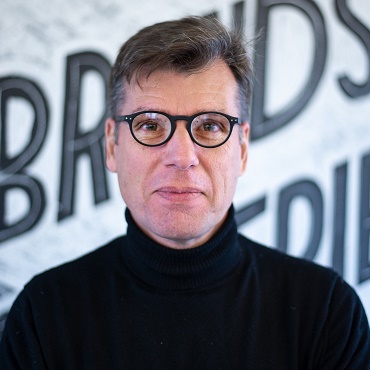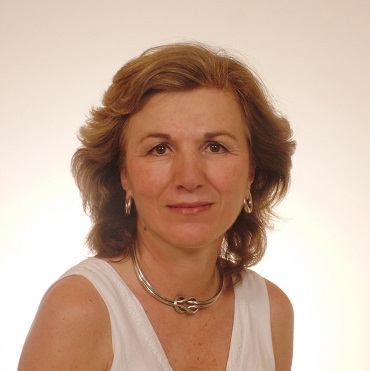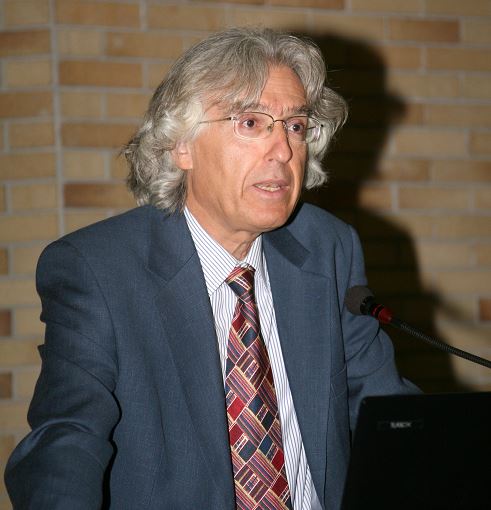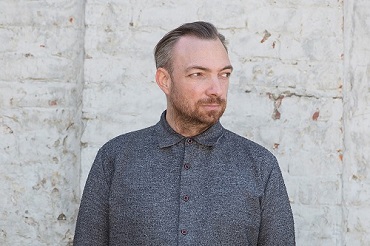The Return to Public Space
Anna Kynthia Bousdoukou
“Public dialogue is public space… the privileged material space of the public sphere, and that is where democracy lives,” said Ares Kalandides, Professor of Place Management at the Manchester Metropolitan University, during the 44th SNF Dialogues, held on Wednesday, 30 June at the Antonis Tritsis Metropolitan Park Open Theater. After more than a year of discussions held exclusively online, and at a time when being able to co-exist in outdoor spaces is more crucial than ever, the SNF Dialogues gathered with a live audience, and addressed the issue of co-existence within public space - in essence, an issue of democracy. The discussion also featured Ersi Filippopoulou, Engineering Architect at the National Technical University of Athens (NTUA) and Jurist, and Kimon Hadjibiros, Emeritus Professor of Ecology and Environmental Management at the NTUA ”
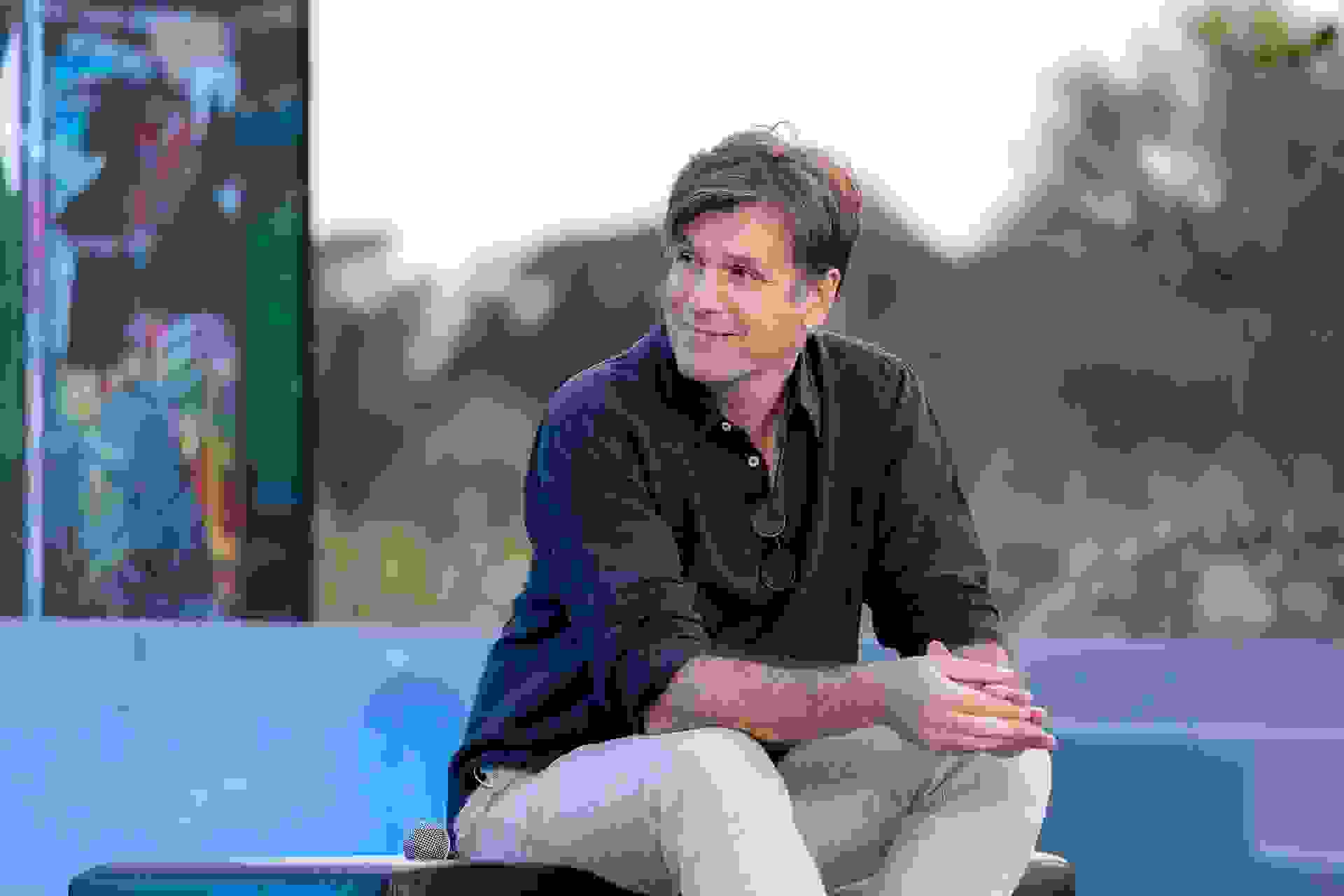
Public dialogue is public space… the privileged material space of the public sphere, and that is where democracy lives
Ares Kalandides
“The quality of a space does not only relate to its materials or design, but also to how much we respect it and consider it an extension of our own private space. There is a contradiction in this, which is probably explained by the way we perceive our public selves.” commented Ersi Filippopoulou
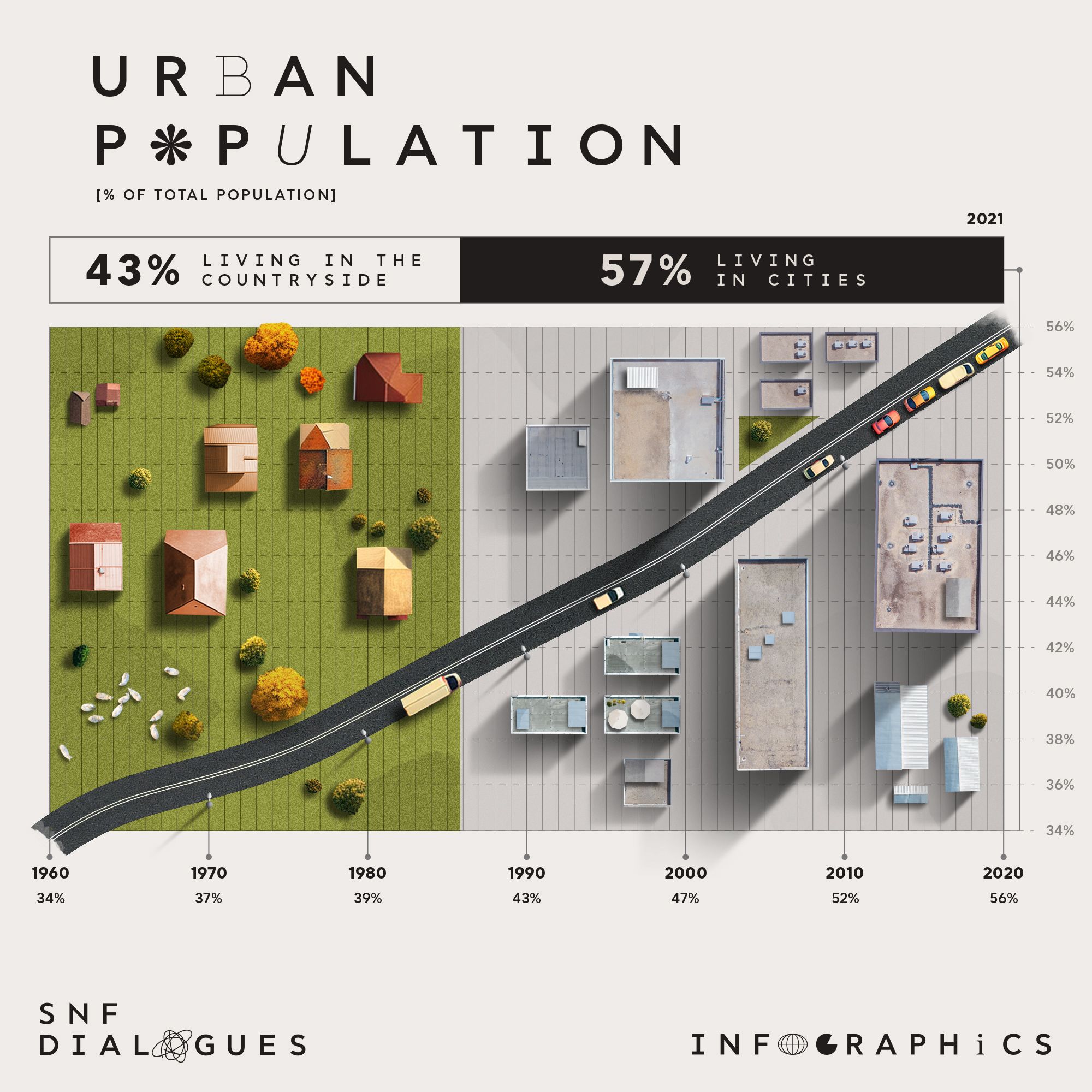
Public space demonstrates the collective consciousness of the people
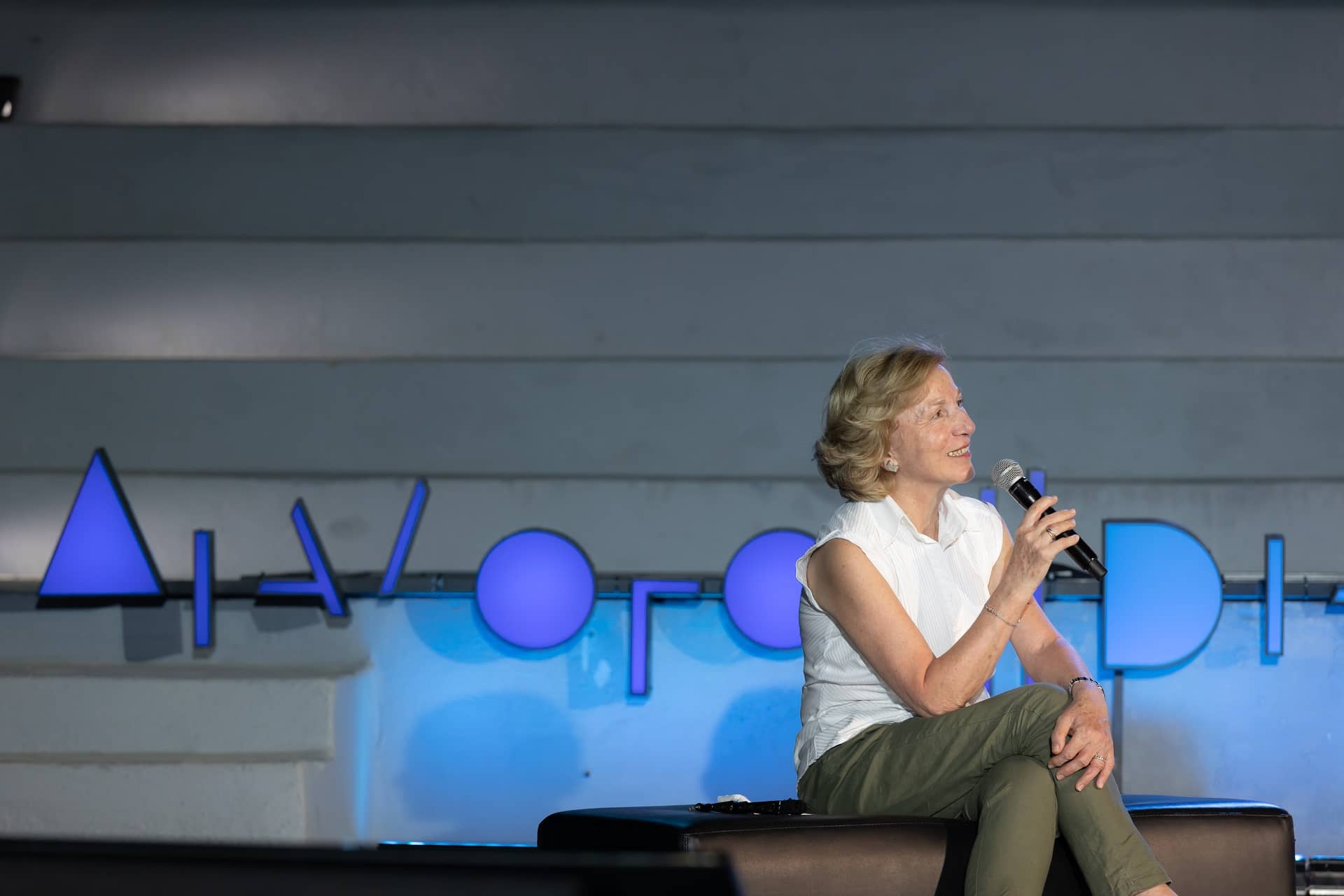
Ersi Filippopoulou, Engineering Architect at the National Technical University of Athens and Jurist at the National and Kapodistrian University of Athens
Ersi Filippopoulou
Upon commenting on citizens’ responsibilities and the relationship between public space and the environment, Kimon Hadjibiros stated:
Kimon Hadjibiros
“No one ever bothered to ask the users of public space what they need. No dialogue was ever started. Citizens don’t have to decide, but they do need to enter into a process of dialogue,” said Ares Kalandides. While discussing the management of public spaces, he noted, “How this management functions and who undertakes it is of great importance. We have seen that the more diversified the management body is, the more successful it tends to be, because it becomes more inclusive.”
Ares Kalandides
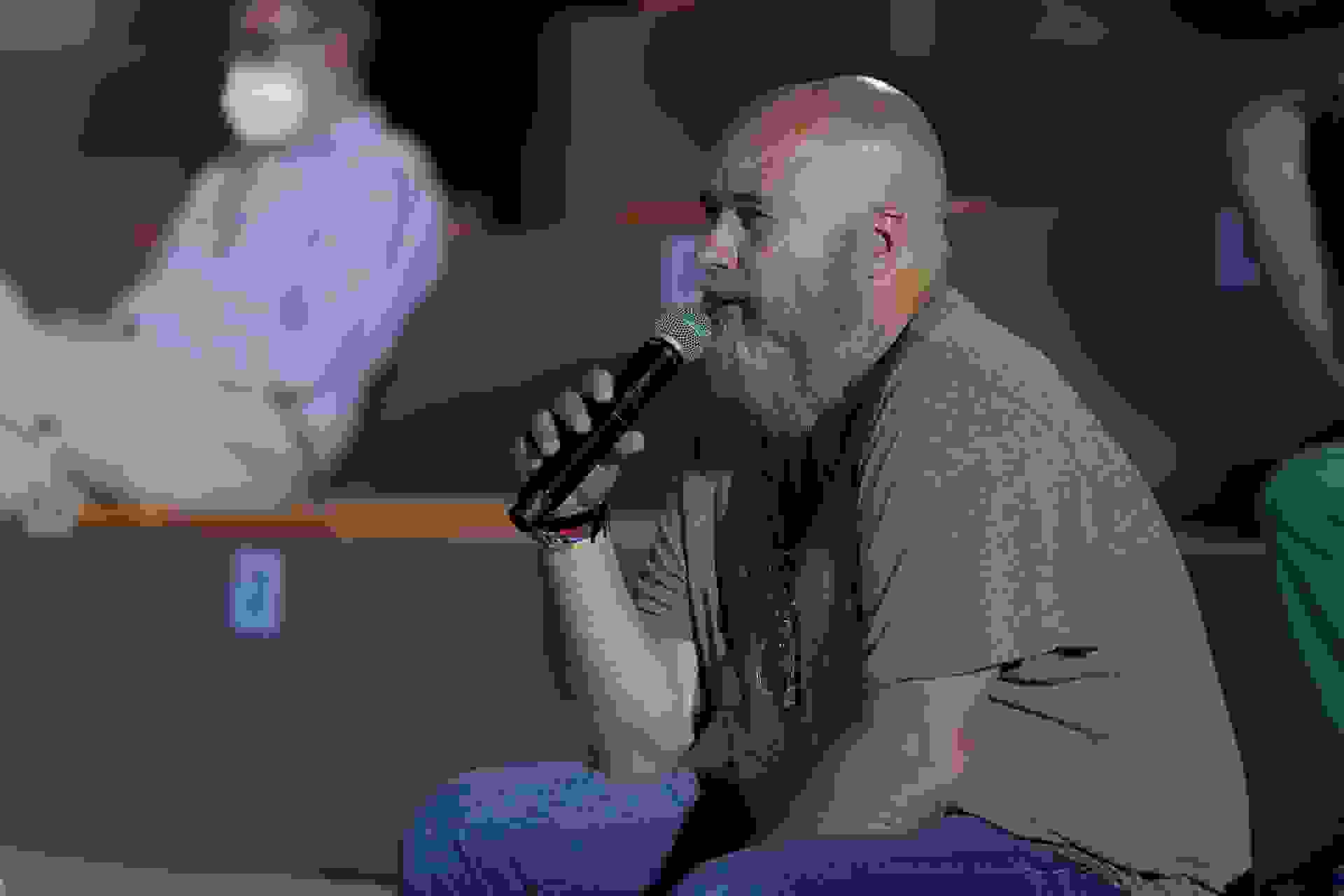
Governments come and go, but they are there to serve.
Andreas Dracopoulos
During the discussion, SNF Co-President Andreas Dracopoulos mentioned, “Governments come and go, but they are there to serve.” Adding, “There is a so-called ‘ownership,’ which is about more than property, because it is simultaneously the duty of every citizen, not only to enjoy the space, but also to respect and maintain it in their own way. It’s a way of life.” Referring to the SNFCC as a prime example of public-private partnership, Andreas Dracopoulos said, “There are many problems and if we do not all work together, things will not work out well. For the SNFCC, this was our vision to engage people in the process from the beginning, and I think it is a very good example, not only in terms of the end result, but also in terms of how it was ‘built’ and delivered to the Greek people. A lot of work needs to be done to cultivate a sense of contribution needed to create a park that truly belongs to the people.” Lastly, Andreas Dracopoulos added, “We often say that citizens must respect public space, but it is now clear that public space must also respect citizens. The library at the SNFCC, which is both a research and a lending library - meaning that it is intended as a space for people to visit - was quickly embraced by young people who filled the library in an wonderful way. For me, the Library has not yet lived up to the expectations of the people who came and embraced it.”
Andreas Dracopoulos
A shared space, a public space, is an essential part of modern democratic life
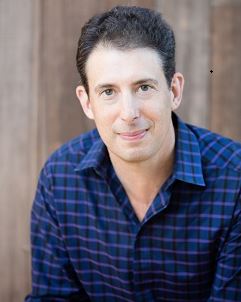
Eric Klinenberg, Professor of Social Sciences at New York University
“A shared space, a public space, is an essential part of modern democratic life,” mentioned Eric Klinenberg, Professor of Social Studies at New York University, via a pre-recorded interview screened during the event. Referring to the management of public space by western culture, he commented that, unfortunately, “Too many parts of western society have been exclusive and segregated, and have cut people off from those places,” while in terms of the challenge for both the developing and the developed world he stated, “We live in a diverse society, a multicultural, multiethnic society, that can often be polarized. The challenge for us, I think, is now to try and put the pieces back together and develop some kind of a common vision, a sense of linked fate. And that I think is the challenge of the 21st century.”
Eric Klinenberg
Liam Young, Co-Founder of Tomorrow's Thoughts Today, mentioned the role of artificial intelligence in the creation of the modern city in an interview he conducted in advance of his participation in the SNF Nostos Conference.
Liam Young
The next meeting of the SNF Dialogues will take place on Wednesday, 25 August, as part of the SNF Nostos, and will feature an open discussion on the co-existence of humanity and artificial intelligence. In collaboration with the SNF Agora Institute at Johns Hopkins University, Dialogues will address the moral, philosophical, and social issues that arise from the use of advanced systems of artificial intelligence in our daily lives, and their impact on the future of society and democracy.
In Brief
The SNF Dialogues are curated and moderated by Anna-Kynthia Bousdoukou and are held through the journalism non-profit organization iMEdD (incubator for Media Education and Development).
*The opinions expressed by Dialogues participants, whether officially representing institutions and organizations or themselves alone, at events, in articles, or in other audiovisual media are solely their own and do not necessarily represent the views of the Stavros Niarchos Foundation (SNF) or iMEdD. Speakers’ remarks are made freely, without prior guidance or intervention from the team.


